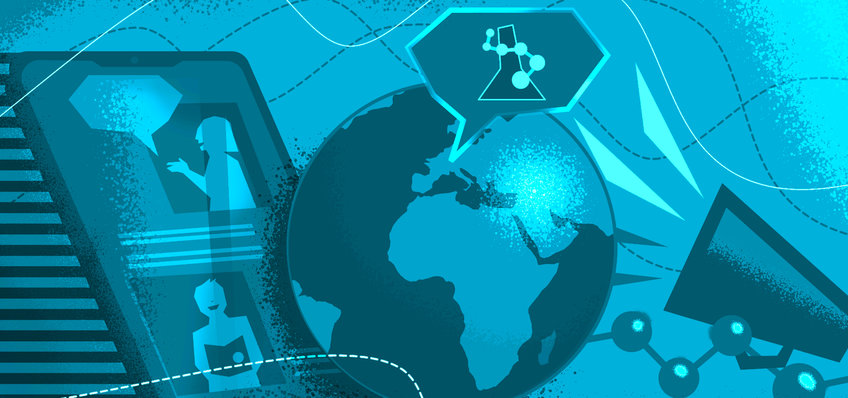
Newsroom
Here you will find news from our institute. Read articles, browse press releases or find out about events taking place at our institute.

Here you will find news from our institute. Read articles, browse press releases or find out about events taking place at our institute.